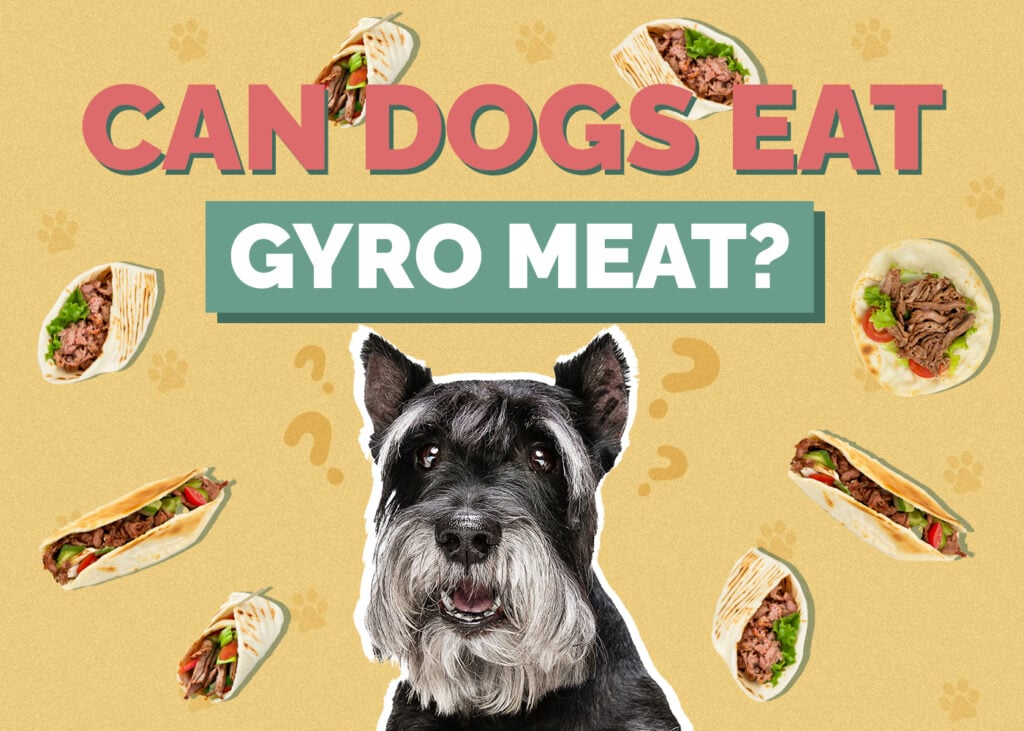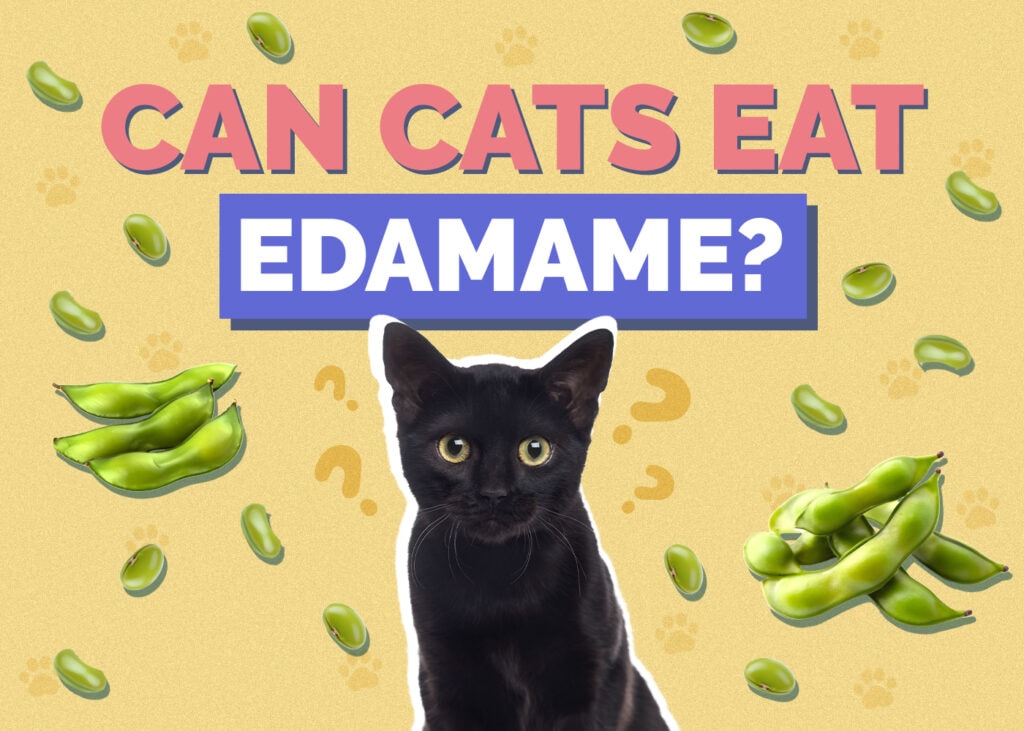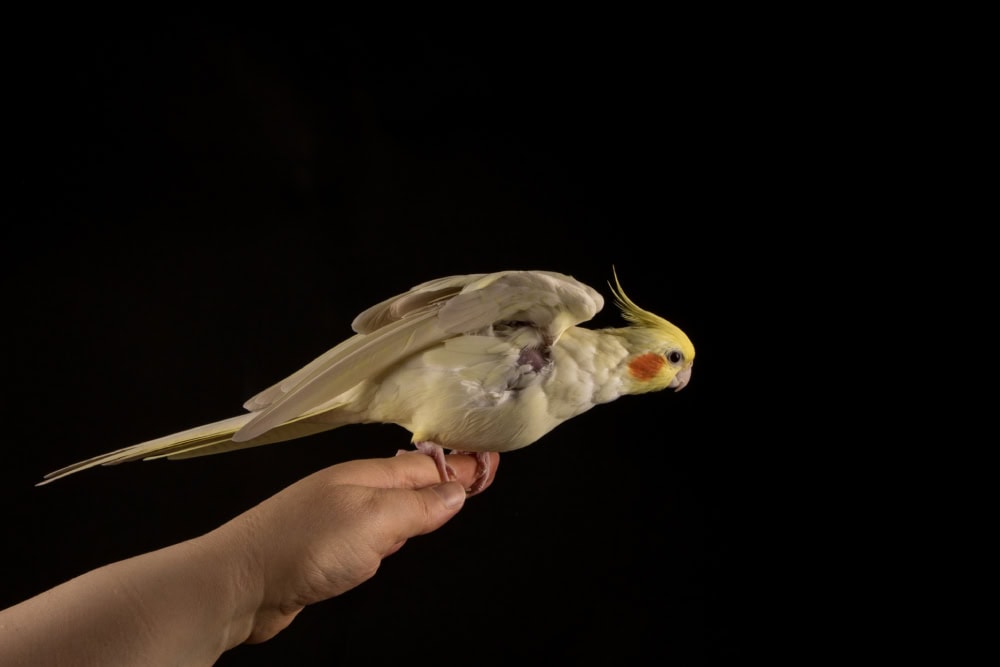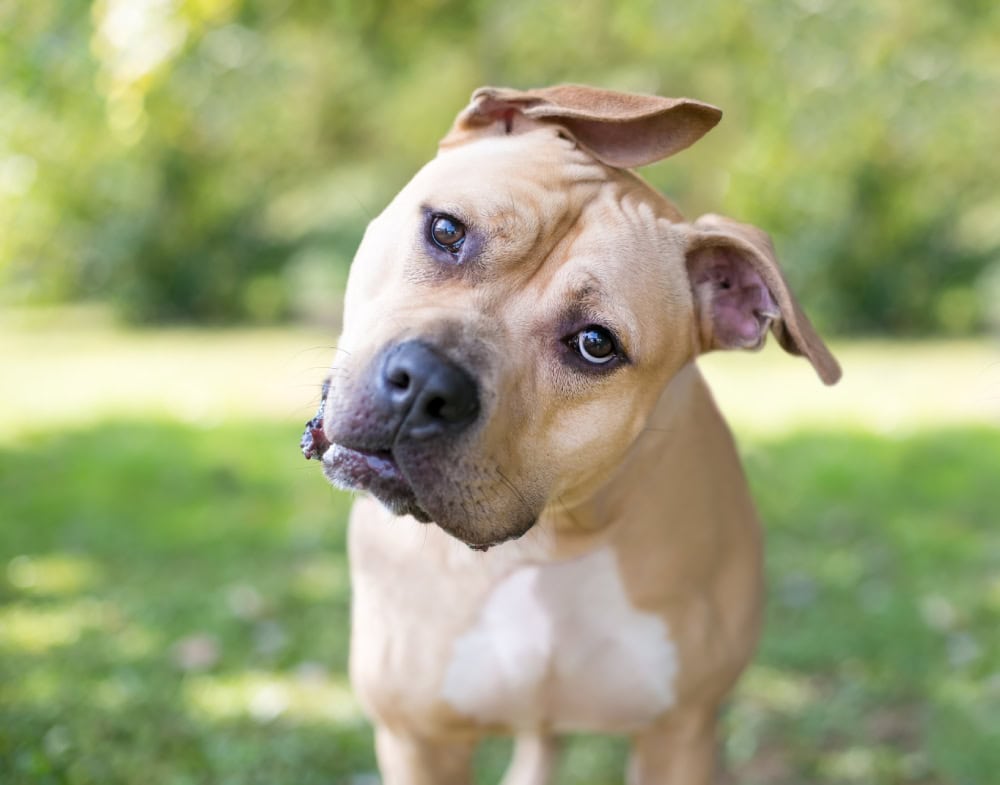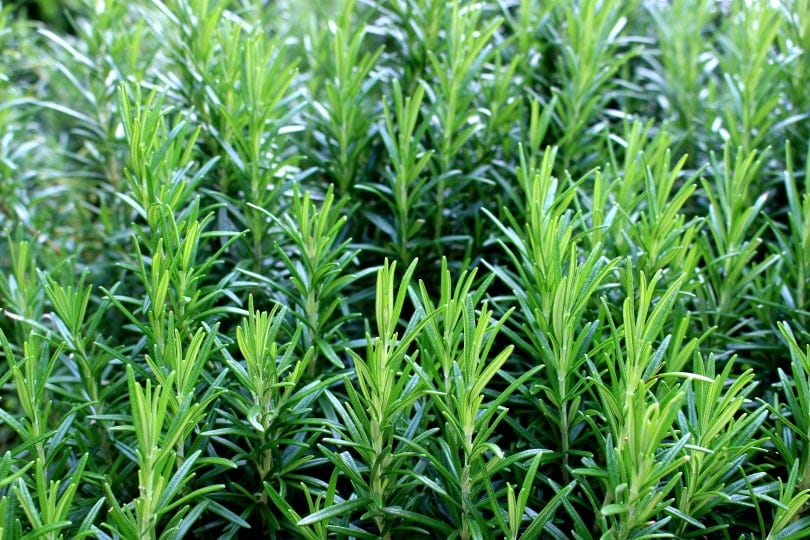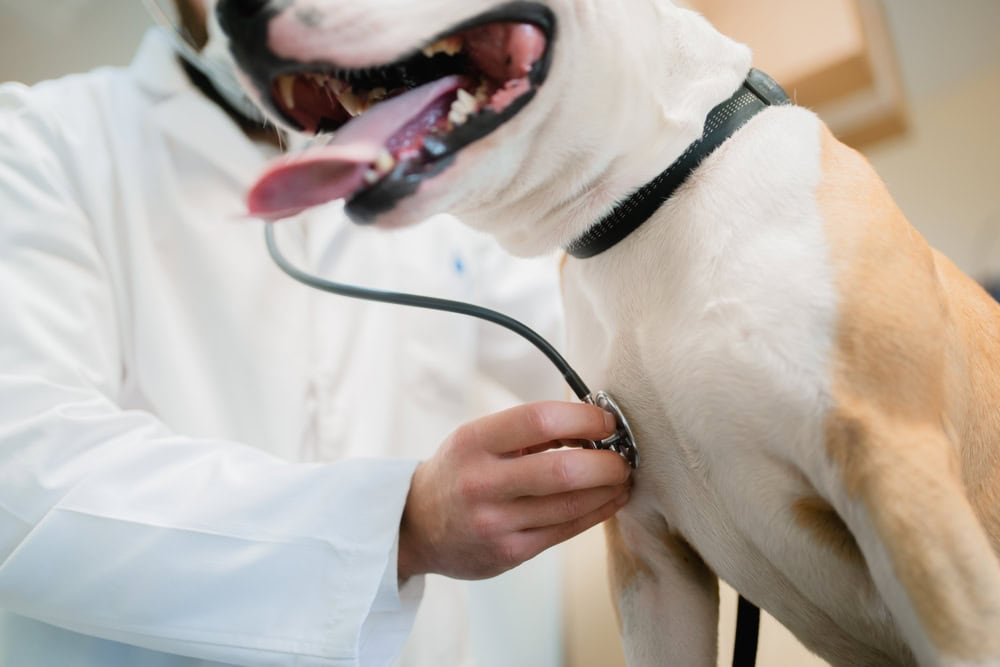VET APPROVED

The information is current and up-to-date in accordance with the latest veterinarian research.
Learn more »Click to Skip Ahead
Chickpeas are a fiber-rich source of protein that are part of the legume family. They are popular in Indian, Moroccan, and other cuisines. Chickpeas can be safely fed to most healthy adult dogs in moderation when properly prepared and cooked. You should avoid giving dogs chickpeas in hummus form or from a can, but cooked chickpeas can make a beneficial occasional addition to your dog’s diet, serve as a treat, or replace regular flour in any recipe. However, before adding chickpeas or any other ingredients to your dog’s food, it’s important to consult with your veterinarian.
Chickpeas are actually used in some dog food recipes because the high levels of fiber mean that Garbanzo beans can fill your dog up without them consuming a lot of calories.

Are Chickpeas Safe for Dogs?
In their pure form and cooked, chickpeas are safe for most healthy adult dogs to eat in moderation. However, you should not feed hummus to your dog because store-bought variants include ingredients like garlic, high levels of salt, and lemon juice. All these ingredients are known to be potentially hazardous and dangerous for dogs.
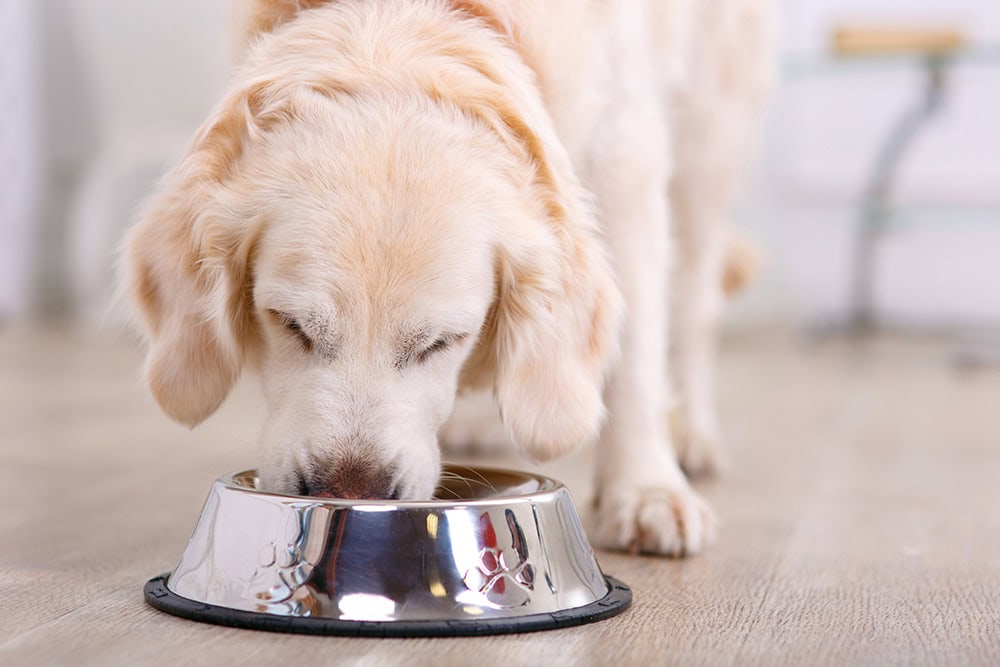
You should also avoid feeding canned chickpeas to your dog because they contain salt and preservatives to keep them fresh and prevent them from going stale. These preservatives and excess of salt can be harmful to a dog’s digestive system and general health, leading to nausea, vomiting, and diarrhea, depending on the amount. It is worth noting that chickpeas can make gassy dogs worse. Before offering chickpeas to your dog, consult with your veterinarian.
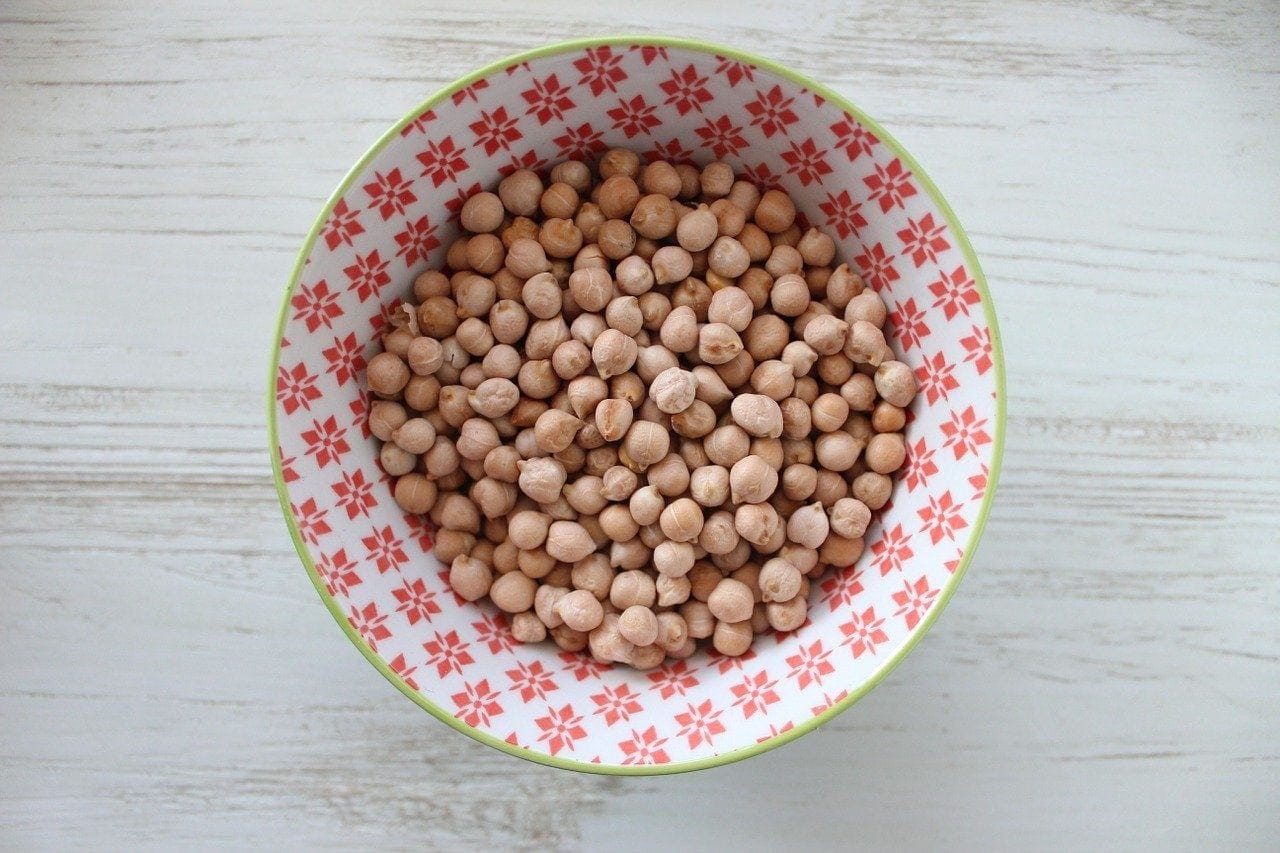
How to Feed Chickpeas to Dogs
Always avoid giving your dog processed foods and food that has been added to human meals. These tend to contain high levels of salt and may include ingredients that are toxic to dogs. This means you should not feed your dog canned chickpeas or store-bought hummus. You can make your own hummus using natural ingredients, but avoid including ingredients like garlic, onion, lemon juice, or salt, all of which are common in the packaged variants.
Cook the chickpeas and serve them whole or blended. If your dog likes the flavor, you can serve them as a snack on their own, or you can add the blended mix to their food.
Another method of feeding chickpeas to your dog is to use chickpea flour in place of regular flour in any pet-friendly recipe. Bake them healthy cookies or vegetable treats and know exactly what ingredients have been used in the biscuits.

Dosage
Foods outside of your dog’s regular diet should only be given in moderation, and this is true of chickpeas because they are high in dietary fiber. Dietary fiber is beneficial for most dogs when fed in moderation. Consider feeding chickpeas or chickpea-based treats once a week to avoid potential digestive issues, if your vet has given you the green light in the first place. Start with a tablespoon of the legume for smaller dogs, or two tablespoons for large breeds.
You can always increase or decrease this level once you know how well your dog can handle this source of protein.

Health Benefits
Despite their diminutive size, chickpeas are loaded with vitamins and nutrients, as well as being a great source of plant protein. They can’t ever replace a balanced and complete canine-tailored diet, but they offer the following health benefits for your pooch:
- Source of Fiber – Chickpeas are a good source of fiber that can help promote digestive health and normal defecation, but should be still offered in moderation. Excess fiber can have negative effects on digestion and lead to diarrhea.
- High in Protein – Chickpeas are a good source of plant protein, but it is not a replacement for animal protein that dogs require in their diet. Still, when properly prepared and cooked, making it as digestible as possible, it can be used as an occasional treat.
- Vitamins and Minerals – Being a source of various minerals and vitamins, such as beta carotene, vitamin B9, and magnesium, it’s a nutritious treat.
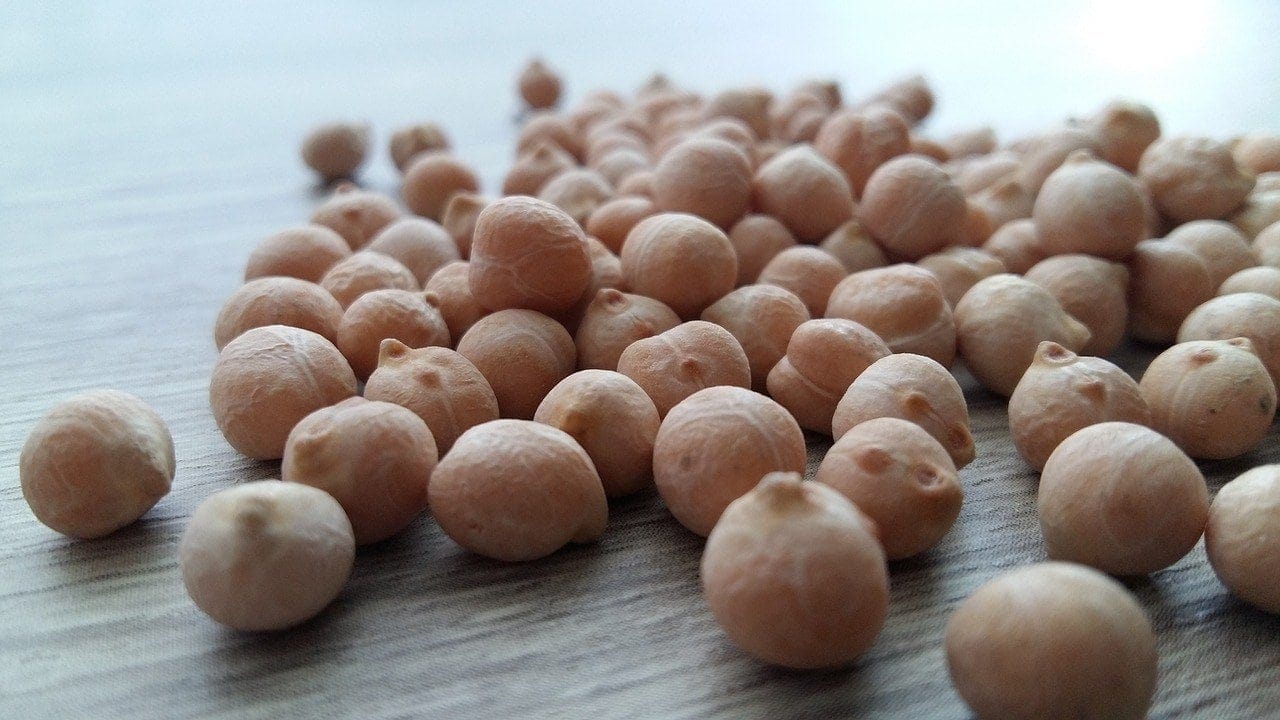

In Summary
Chickpeas are a great source of protein and dietary fiber. They also contain beta carotene, vitamins B a nd C, along with a host of other essential nutrients. In their pure form and cooked, they are safe for most healthy adult dogs to eat, although you should avoid giving them to dogs that suffer from digestive issues without consulting with a vet, because they can make the condition worse.
Do not feed your dog hummus, unless it is homemade and you have taken care to avoid ingredients like garlic and lemon juice, or canned chickpeas. You can cook them and feed them directly to your dog, add them to a daily meal, or use chickpea flour in place or regular flour, as long as you’ve been given the green light from your vet.
See Also:
- Can Dogs Eat Lima Beans? Nutrition Facts & Safety Guide
- Can Dogs Eat Lentils? Vet-Approved Nutrition Facts & Safety Guide
How useful was this post?
Click on a star to rate (you can leave written feedback after clicking submit)
Help us improve Hepper for pet parents!
Your feedback really matters.
What did you like about this post? Also how can we improve it?













